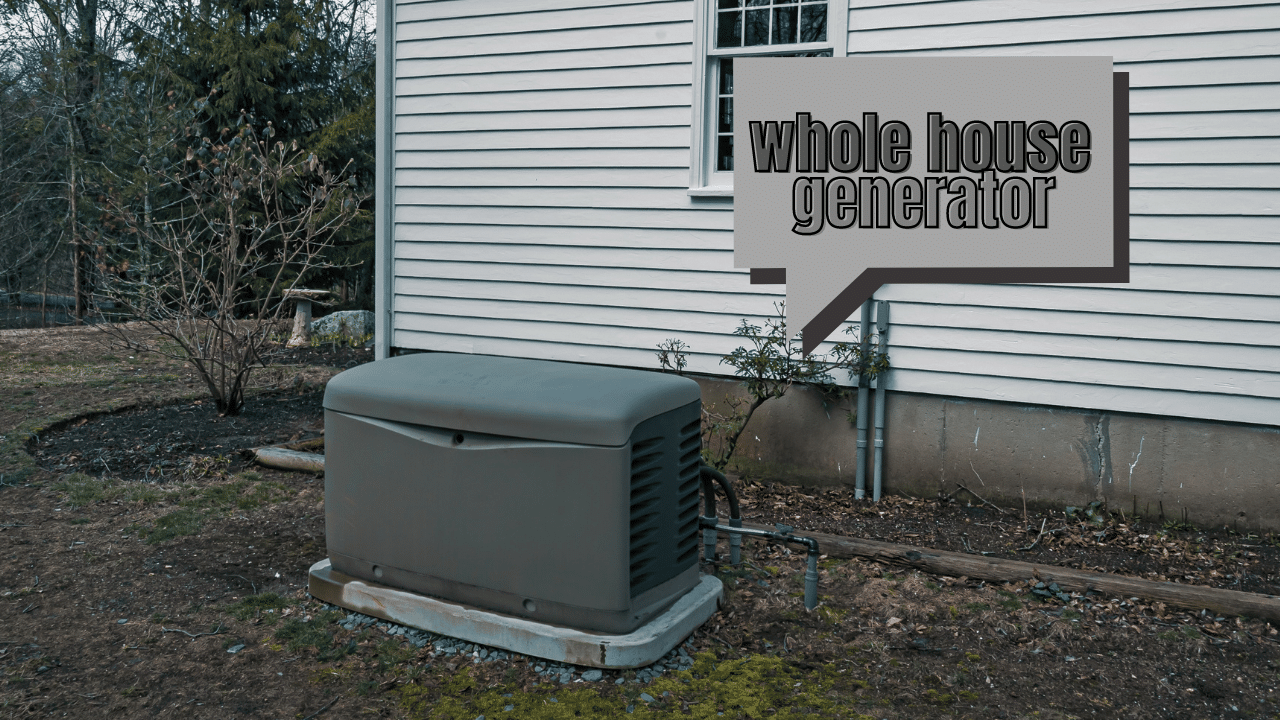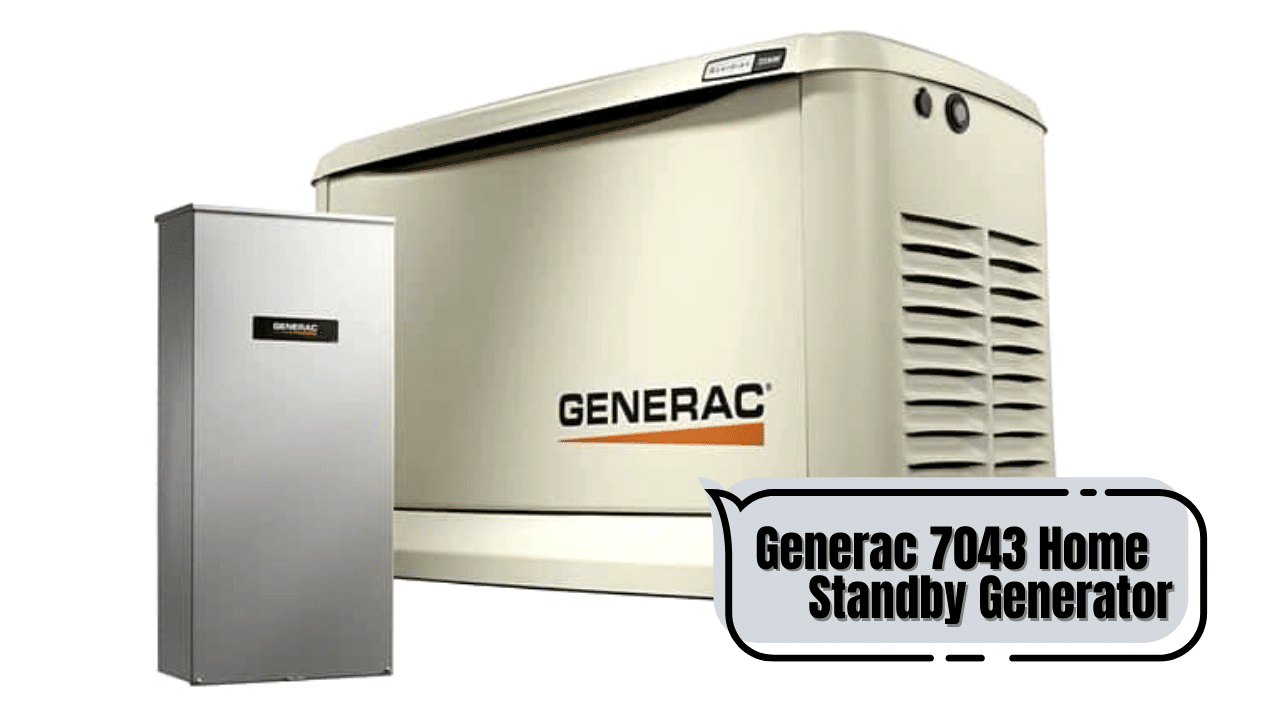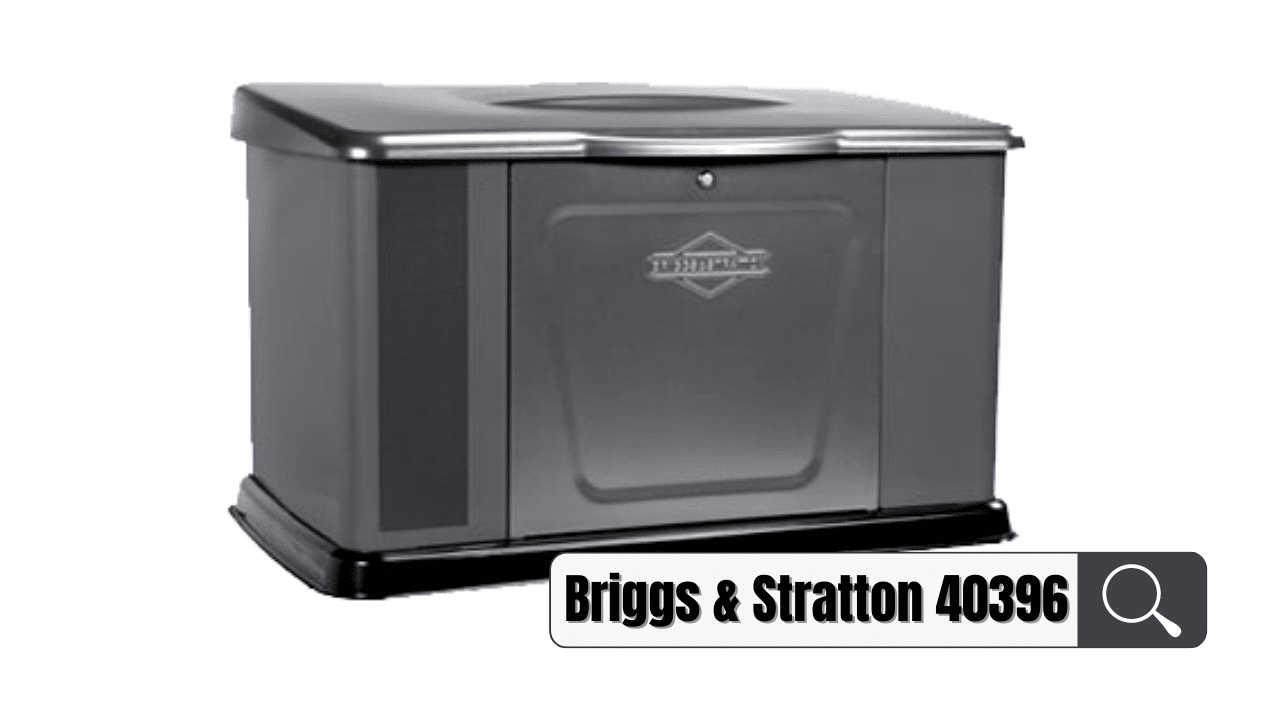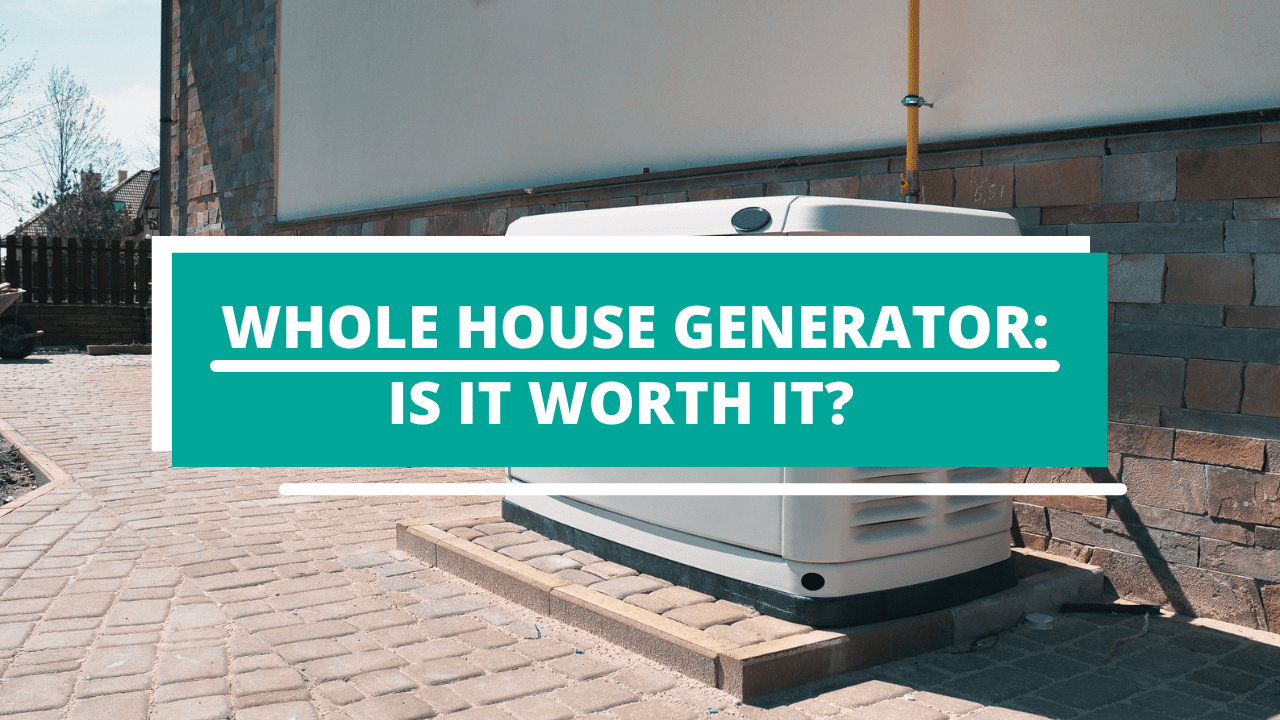Whole house generators are becoming increasingly popular in the United States, as violent storms are causing more frequent blackouts, causing families to go without power for longer periods of time. Although installing a whole house generator is expensive, it’s an investment that is likely to add value to your property, in addition to a range of other benefits that we introduce in this article. We also look at some of the best whole house generators on the market to help you find the ideal system for your property.
Let’s begin by looking at what a whole house generator is and how much you can expect to pay for a unit and its installation.

What is a Whole House Generator?
A whole house generator becomes a permanent fixture at your home once installed. Upon installation, whole house generators are connected to your home’s electrical system and an independent fuel source. When a power outage is detected, your whole house generator will kick into action after being automatically notified, ensuring the appliances within your home are powered when there’s no energy coming from the grid. (Related: Solar Battery Vs Generator: Which Is Better?)
How Much Does a Whole House Generator Cost?
You will probably be aware that generators vary significantly in cost. Small, portable generators can be as little as a few hundred dollars, while a sizeable whole house system will be several thousand. We introduce you to the average cost of the different types of generators below:
Generator Type | Average Cost of Generator |
|---|---|
Whole house generator | $1,000 - $10,000 + |
Portable generator | $400 - $1,000 |
Inverter generator | $500 - $4,000 |
Standby generator | $3,000 - $6,000 |
Small, portable home generator | $130 - $400 |
Generac-brand standby generator | $1,949 + |
Generac portable | $439 + |
As you can see from the above, home generators can cost anywhere between $130 - $10,000, depending on the system you wish to install. You will then also need to budget for installation costs, which can be anywhere between $400 and $3,000, while a protective canopy for your generator is likely to set you back around $200.
What are the Costs of Installing a Whole House Generator?
One of the most popular home generator brands is Generac. They offer a range of models powered by natural gas, propane, and diesel, and the size of the generator that you opt for depends on your intended use for it. Generac’s whole house generators are priced depending on their power capability, so you will need to decide upon the desired capacity of your generator before committing to a purchase. In the table below, you can see the costs associated with installing a Generac whole house generator:
Power Capability | Starting Price | Typical Coverage |
|---|---|---|
7.5 KW | $2,050 | 1 appliance |
10 KW | $2,800 | 2 appliances |
14 KW | $3,700 | Full 1,000 – 3,000 square ft home |
18 KW | $4,250 | Full 2,500 – 3,000 square ft home |
20 KW | $4,800 | Full 3,000 – 5,000 square ft home |
22 KW | $4,900 | Full 5,000 + square ft home |
30 KW | $11,000 + | Commercial appliances |
The above prices are for the unit alone, so you will need to factor in a range of other costs associated with generator installation, including:
Installation | Average Cost |
|---|---|
Site preparation & concrete construction | $50 - $75 per square ft |
Addition of fuel tank or connection to utility lines | $50 - $100 per hour |
Transfer switch, new wiring, + improvement of electrical panel | $65 - $85 per hour |
Permits | $50 - $200 per permit |
Materials & equipment | $300 - $2,000 |
You can reasonably expect your installation costs to be in the region of $400 - $3,000. As such, for a 20KW whole house Generac generator, you can expect to pay approximately $6,500 inclusive of the generator and installation.
What Are the Benefits of Installing a Whole House Generator?
While it’s certainly not cheap to install a whole house generator, doing so has many potential benefits, including:
How Much Value Will a Whole House Generator Add to My Property?
According to Consumer Reports, installing a quality whole house generator can increase your home re-sale value between 3% and 5%. What’s more, a 2016 report from Remodelling Magazine found that installing a backup generator would recoup approximately 60% of the cost of the job. So, for instance, if we take our predicted installation cost of a 20KW whole house generator from above ($6,700), we could reasonably expect to recoup $4,020 of the cost of the job.
So, as well as being beneficial to you while you reside in your current home, you can rest assured that a backup whole house generator will afford you a return on your investment and is likely to add reasonable value to your home if you opt to sell it in the future.
What Are the Best Whole House Generators on the Market?
If you’ve decided that you want to install a whole house generator at your property, here are our top three picks with their key features:

Generac 7043 Home Standby Generator
| |
|---|---|
Wattage | 22 KW |
Fuel Type | Liquid propane, natural gas |
Voltage | 240V |
Noise Level | 67 dB |
A powerful and reliable whole house generator from industry-leading Generac, the 7043 will sufficiently power most homes at 22KW. The generator comes with a unique multilingual LCD display that allows you to easily monitor its performance. You can also connect it to your smartphone, which is ideal in a blackout. Click here for pricing and more information.
Champion Power Equipment 100294 14KW Generator
| |
|---|---|
Wattage | 14 KW |
Fuel Type | Liquid propane, natural gas |
Voltage | 120/240V |
Noise Level | 63.5 dB |
A fuel efficient (2.6 gallons per hour) generator that comes with a ten-year warranty, the Champion 100294 is ideal for the majority of midsized homes. It is also resistant to extreme temperatures, which makes it the ideal generator for homes that are exposed to the elements. Click here for price and more information.

Briggs & Stratton 40396
| |
|---|---|
Wattage | 20 KW |
Fuel Type | Liquid propane, natural gas |
Voltage | 120/240V |
Noise Level | N/A |
Briggs & Stratton have engineered a whole house generator that is so fire-resistant that it can be installed just 18 inches from your property, making it ideal for homeowners with limited outdoor space. It also benefits from being placed in a rust-free enclosure, which increases its durability and resistance to the weather. Click here for price and more information.
Whole House Generators – Frequently Asked Questions (FAQs)
Generators are expensive to run, which is why they should only really be used as a short-term power solution. If you experience a sustained power outage and run your generator all day, you can expect to pay in excess of $30 per day just to run it. However, if you have a generator on standby, it should cost less than $10 per month to run.
Providing you look after your generator and assuming you don’t run it regularly; you can expect it to last for 20+ years.
In the United States, approximately 60% of blackouts are caused by violent storms, while 34% result from equipment failure resulting from the overloaded national grid. Generally, if you live in an area of the country prone to dangerous storms or experience blackouts more than three times a year, a whole house generator would be a great installation at your property.
Most whole house generators need to be installed by professionals. After all, there’s no point in investing a significant amount of money into a generator, only for it not to work when you need it most. You will need to budget for your generator’s installation, as well as the unit cost, before committing to a purchase.
The Verdict: Is a Whole House Generator Worth it?
Installing a whole house generator is a smart move if you live in an area that is regularly affected by violent storms and power outages. But equally, it’s a financial investment that shouldn’t be made lightly, as it is likely to cost several thousand dollars.
But considering that you can expect a whole house generator to add up to 5% in value to your property, it’s fair to conclude that it’s a worthwhile installation, particularly if you’re becoming frustrated by the increasing prevalence of blackouts in your state.

